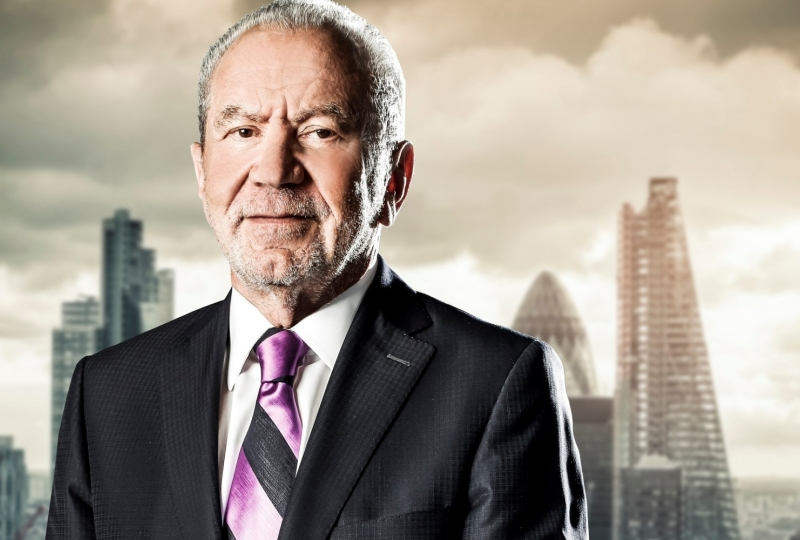We all know by now that Lord Sugar’s real offices are a far cry from the glitzy TV studio that stands in for his boardroom in the show. The candidates are competing for a job that some of them don’t even want (remember how Katie Hopkins quit the show when she got a bit too close to success). And as with all good TV, situations that look spontaneous on camera have actually been carefully set up in advance.
But perhaps we shouldn’t be surprised that nothing is much further from reality than reality TV. The Apprentice is no different from any Big Brother or I’m a Celebrity in this respect: a contrived competition where the real entertainment comes from the clash of oversized personalities and the real prize is the media exposure granted to the contestants.
When things do come back to reality with a bump, however, is when the show ends. The winners, who have fought so hard for the top job, often don’t stay in it very long.
Ruth Badger, who came within a whisker of winning the second series but lost out to Michelle Dewberry, reckons that the show has gone downhill since she was on it. ‘We didn’t think we were going to be famous when we went on the show, which is different to now,’ she tells SmallBusiness.co.uk. But she does still have a lot of time for Sir Alan, as he was during her time on the programme, and regards him as a role model for kids who aspire to be entrepreneurs.
It’s easy to forget that when The Apprentice first came to our screens in 2005, the idea of a compelling prime-time TV show based on business, however loosely, was an unfamiliar one. If Badger is right and the programme has made young people consider business as a potential career, that’s something to be welcomed. But if those budding business owners expect the hard graft of starting up on your own to bear any similarity to the accelerated, glammed-up world of The Apprentice, they’ll be in for a big disappointment.





